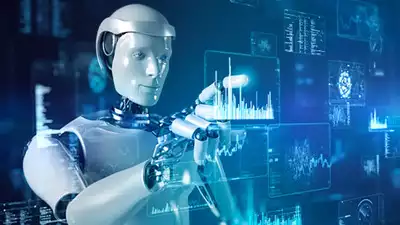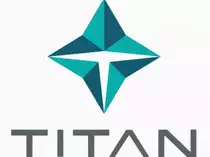
As technology continues to shape our world, it is becoming increasingly important to equip the next generation with the skills they need to succeed in a rapidly changing job market. One way that high schools are addressing this need is by incorporating courses in artificial intelligence (AI) and the internet of things (IoT) into their curricula.
AI is the ability of machines to perform tasks that would normally require human intelligence, such as speech recognition, decision-making, and visual perception. IoT refers to the interconnectivity of everyday objects through the internet, enabling them to collect and exchange data.
By teaching AI and IoT in high schools, students can gain valuable skills that will prepare them for future jobs in industries such as healthcare, finance, and transportation. They will learn how to analyze data, identify patterns, and make informed decisions based on that data.
In addition to these practical skills, AI and IoT courses also provide students with a deeper understanding of how these technologies work and the ethical considerations involved. They will learn about the potential impact of AI on society, including issues such as job displacement, privacy, and bias.
Several high schools across the United States have already incorporated AI and IoT courses into their curricula. For example, the School of Science and Engineering in Dallas offers a course on AI and machine learning, while the Noble Network of Charter Schools in Chicago offers a course on IoT and cybersecurity.
The inclusion of AI and IoT courses in high school curricula is a positive step towards preparing students for the jobs of the future. However, it is important to ensure that these courses are accessible to all students and that they are taught in a way that is engaging and relevant to their lives.
In conclusion, AI and IoT are rapidly growing fields with a strong presence in high school curricula. By teaching these technologies to students, we are preparing them for the jobs of the future and helping to create a more technologically literate society. However, it is important to ensure that these courses are accessible and engaging for all students, regardless of their background or prior experience.









